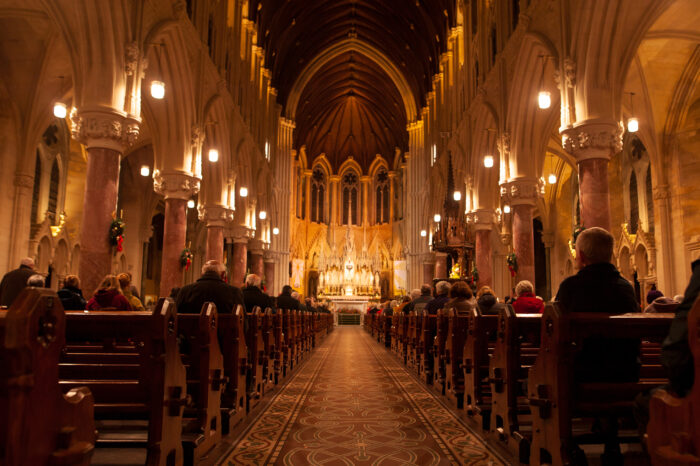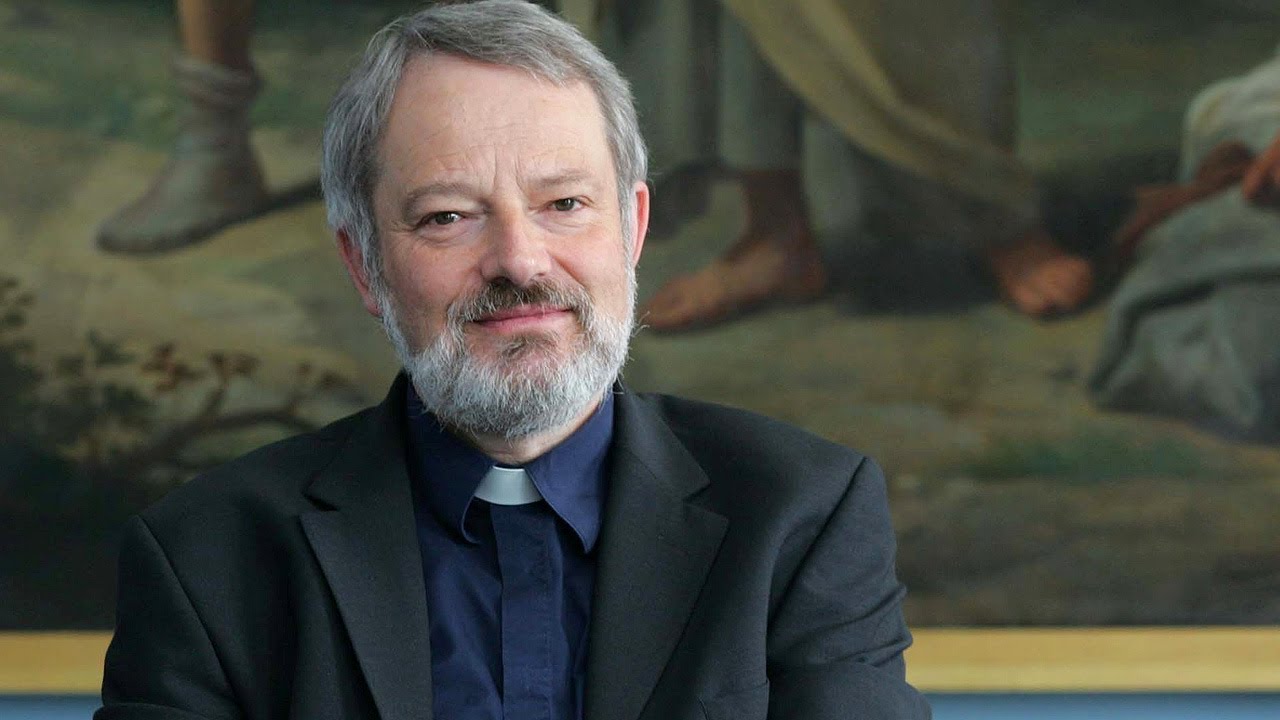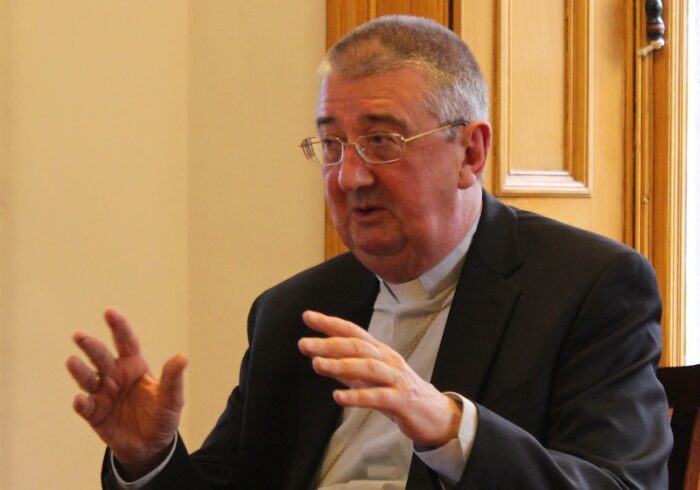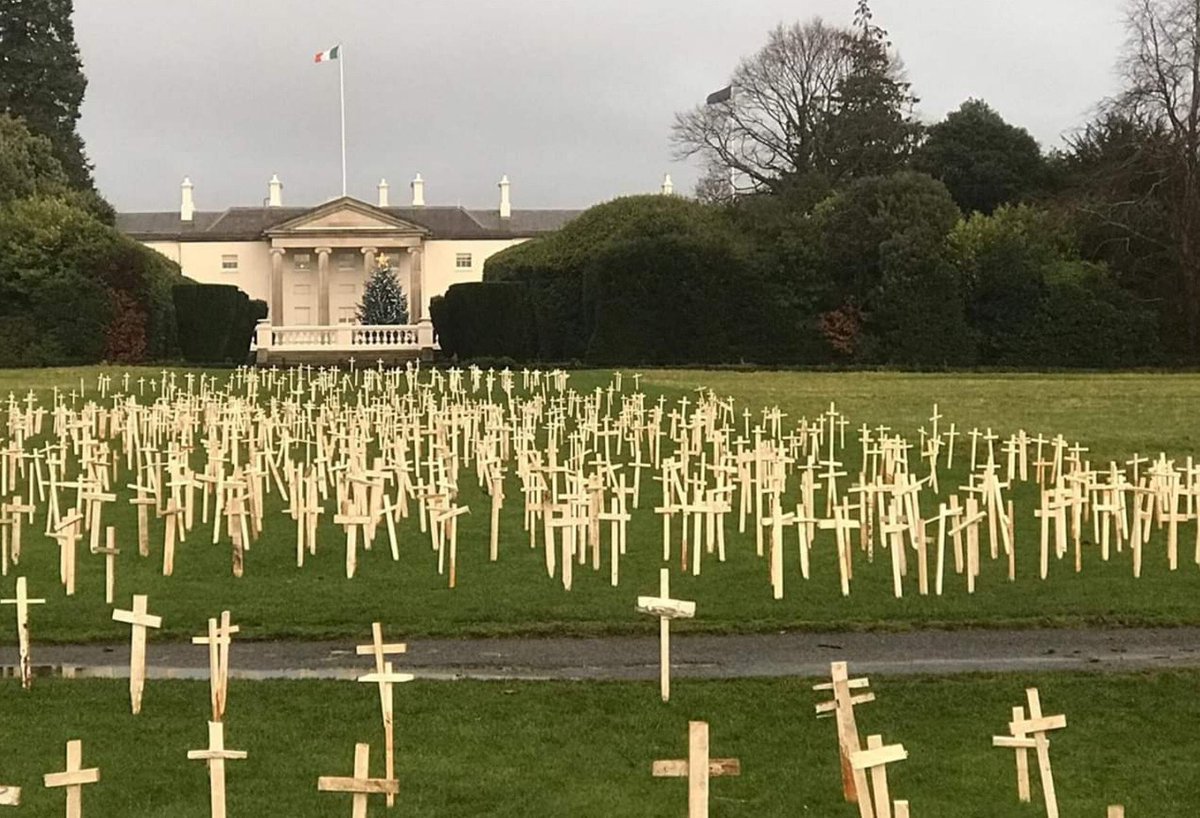
Hindu nationalists in India have unleashed a wave of persecution of Christians.
According to International Christian Concern, since lockdown restrictions have eased, there has been at least eight incidents reported of Hindu nationalists threatening and physically assaulting Christians.
In one incident a pastor suffered a brutal beating as he was praying for a sick person.
Pastor Suresh Rao says almost 150 people were involved in the attack on June 21, with the assailants declaring India, a Hindu nation and no place for Christians.
They also accused the pastor of being involved in illegal religious conversions of Hindus to Christianity.
Those who have converted from Hinduism often face the most severe persecution, with much of it carried out by their own family members and local communities.

The Government has issued new guidance to allow more than 50 people attend religious services in large churches, but it has been met with a mixed reaction.
For each church, an assessment will have to be carried out to determine how many can attend while social distancing. Premises will have to be subdivided into distinct sections, either by cordons or other markings, with a maximum of 50 people in each section. There must be a minimum of 4m between those sections and there can be strictly no movement of people between sections before, during or after the service.
Each area must have its own entrance or exit route and there must be separate arrangements for elements of the service involving close contact, such as for the distribution of Holy Communion. The premises will also need to be well-ventilated. Those providing religious services will also be asked to ensure that there are staggered exit times for the congregation. The use of face coverings in such indoor settings will also be “strongly recommended”.
Catholic Archbishops Diarmuid Martin of Dublin and Michael Neary of Tuam welcomed the new coronavirus guidance.
Nonetheless, dozens of churches decided to remain closed because of the restrictions. Many parishes feel the new arrangements are very complex and will pose problems in the area of access to and from the buildings, and place a demand for even more stewards.
“We had the building ready to open under the present guidelines,” Fr John Deignan, parish priest at the Church of Saints Peter and Paul in Athlone, pointed out.
“Now we will have to go back and look at the new restrictions, which are going to mean setting up different zones within the building and of course this will lead to the need for more volunteers to help people come in and leave the building safely.”
Meanwhile, the majority of pubs in Cork have opted not to re-open until July 20th citing “unenforceable” regulations that “Only a civil servant’ could have come up with”.

The contrast between the grief of the nation for those who died with Covid-19 and to the 6,666 abortions conducted in Ireland last year has been described as “staggering”.
In a statement, the Council for Life of the Irish Catholic Bishops said that in recent months Ireland has experienced the traumatic effects of the COVID-19 pandemic and, while many people have suffered emotionally and economically, “we think immediately of those who have died, 1,735 people as of 30 June”. Each one, they said, was a unique human being, created in the image of God, and each one’s death is being grieved by a family, a friend, a community.
They continued: “Every human life is worthy of respect and care from the moment of conception to natural death. The enormous contrast between the collective grief of the nation at the recent deaths of so many people, and the bland five page report from the Department of Health, published on the same day, 30 June, which details the 6,666 – six thousand six hundred and sixty six – ‘Terminations of Pregnancy’, which took place in Ireland in 2019, is staggering.
“The report states that 24 of the abortions were carried out on medical grounds. Those carried out on the grounds of a “condition that was likely to lead to the death of the foetus” numbered 100. The Irish Catholic Bishops pointed out in advance of the referendum in 2018 that there is absolutely no moral justification for deciding that a baby should die because he or she has a serious health condition.
The vast majority of babies who were aborted in Ireland last year, 6,542 of them, are euphemistically described as having been “terminated” in “early pregnancy”. While we never got to know them personally, each one was a unique and precious human being.”

Churches are still awaiting information on the announced protocol between the Government and religious bodies about the numbers that may attend religious services, Catholic Archbishop of Dublin Diarmuid Martin said on Thursday.
He said that “the new Northern Ireland advice is that the number should be calculated on the basic of proportionality to the size of each church whereas in the Republic of Ireland a blanket cap of 50 people is still in place”.
This limit in the Republic, which has been applied in churches since last Monday, had been “working, albeit with some difficulty”, he said, but “priests around the country” were concerned about what might happen next Sunday.
The 50-person limit for each Mass in the Republic, he said, “would mean turning many people away or having them remain outside where social distancing is more problematic”.

A group of nurses and midwives have written to the Taoiseach expressing their horror at the scale of the abortion figures in Ireland during the first year of the new abortion regime.
Marie Donnelly of Nurses and Midwives for Life said they “are horrified that 6666 lives were killed in 2019 at a cost to the taxpayer of close to €4 million”.
“This is a 40% increase since 2018 yet it was a ploy by you and others to urge a yes vote to insist that numbers would not increase when abortion became legal”.
She added that, as nurses and midwives, “we have seen the impact of the 2019 legislation on our hospitals and the underhand manner in which the provision of abortion was foisted on staff. Many were and continue to be bullied and ostracised. Others were shocked by the cases they dealt with not to mention the Holles Street case”.
She also described the five page report of June 30th as “trite” with “no information on age, number of abortions i.e. whether repeat abortions or the life limiting conditions of the babies or if some had Trisomy 21”.
“How many of those 6666 innocent lives and 375 in the UK, would have become future nurses, midwives, doctors and/or politicians. Instead their remains have been flushed down toilets and incinerated in hospital incinerators. What kind of country is Ireland becoming where human life is devalued and those who uphold life are often ridiculed. Even newly appointed ministers who uphold the right to life are ridiculed on social media.”

Two Irish bishops are to receive Lambeth Awards, announced in London by Archbishop of Canterbury Justin Welby this week.
Retired Church of Ireland Bishop of Raphoe Ken Good and current Catholic Bishop of Derry Donal McKeown are to be granted the honours. Awards will be presented to 32 people internationally for their outstanding contributions to church life and to wider society.
The award to Bishop Good was “for giving strategic leadership to the local church to engage fully with the community, throughout his ordained ministry, most of which was in the complex community of Northern Ireland.”
Bishop McKeown’s award was for making “an exceptional contribution to social cohesion in and around Derry and has been an unstinting example of the Gospel values of charity and love of one’s neighbour.”
He and Bishop Good had “developed a close friendship” and “together they made a conscious commitment to work together publicly as often as possible.” This was “not only during the Troubles but in the more recent violence which witnessed the tragic murder of the journalist Lyra McKee,” the citation said.

A US city has granted polyamorous groups the rights held by spouses in marriage, such as the right to confer health insurance benefits or make hospital visits.
Under a new domestic partnership ordinance, the city of Somerville, Massachusetts, expanded its notion of family to include people who are maintaining consenting relationships with multiple partners.
J.T. Scott, a city councilor who supported the move, said he believed it was the first such municipal ordinance in the country.
“People have been living in families that include more than two adults forever,” Mr. Scott said. “Here in Somerville, families sometimes look like one man and one woman, but sometimes it looks like two people everyone on the block thinks are sisters because they’ve lived together forever, or sometimes it’s an aunt and an uncle, or an aunt and two uncles, raising two kids.”
He said he knew of at least two dozen polyamorous households in Somerville, which has a population of about 80,000.
“This is simply allowing that change, allowing people to say, ‘This is my partner and this is my other partner,’” he said. “It has a legal bearing, so when one of them is sick, they can both go to the hospital.

The number of abortions carried out in Ireland in the first year of the new regime has been described as devastating.
The Department of Health has reported that 6,666 unborn children were aborted here last year.
Maeve O’Hanlon of the Pro-Life Campaign said the figures represent a profound injustice:
“Those adopting an attitude to the latest figures of ‘nothing to see here, everything is fine and going to plan’ are downplaying the loss of life caused by the recent introduction of abortion here, as evidenced in today’s numbers.
“It’s the first time in 18 years that there has been an increase in the number of abortions and the first time in our history that thousands of innocent unborn babies have had their lives ended with the full backing of Irish law.

The Associated Press is reporting that China is using forced contraception, sterilisation and abortion to suppress a Muslim minority people under its rule.
The report is based on a study by German researcher Adrian Zenz, from the US-based Victims of Communism Memorial Foundation.
He spoke to Australia’s ABC News and told them China is engaged in the largest internment of peoples since the Holocaust so as to reduce the population of minority Muslims in the northwest province of Xinjiang.
He said that coercive methods are employed to suppress not only the cultural identity of the Uighur people in Xinjiang province, but also to engineer a reversal of their population growth.
He added that the policies match the United Nations’ definition of ‘genocide’:
The international response to the allegations of genocide, he said, has been wholly inadequate and shameful and added that both the United Nations and National governments have an obligation to investigate the evidence.
Meanwhile, as Ireland takes up a two year seat on the United Nations Security Council, a former vet and one-time chief economist at the Department of Agriculture, Ann Derwin, is to become Ireland’s next ambassador to China.
The appointment is unusual in that Ms Derwin is not a career diplomat and this is her first overseas appointment as an ambassador after moving to the Department of Foreign Affairs in 2017 from the Department of Agriculture where she was assistant secretary.

In a letter to priests in Dublin he said he hoped agreement could be reached with authorities to “permit removing the cap of 50” at Masses. There was “a recognition that the needs of the Catholic Church were different to those of smaller denominations where congregations were generally smaller”, he said.